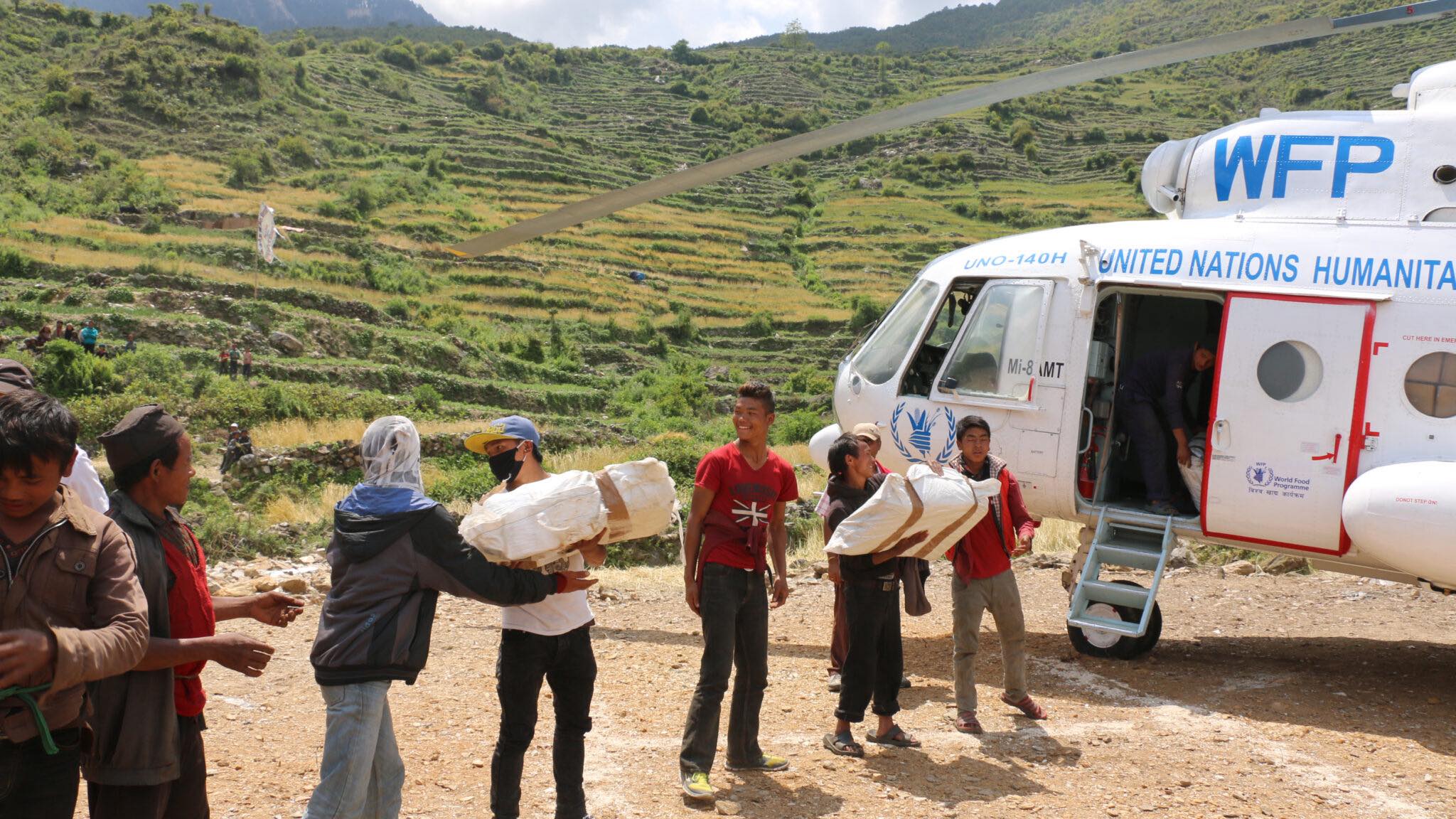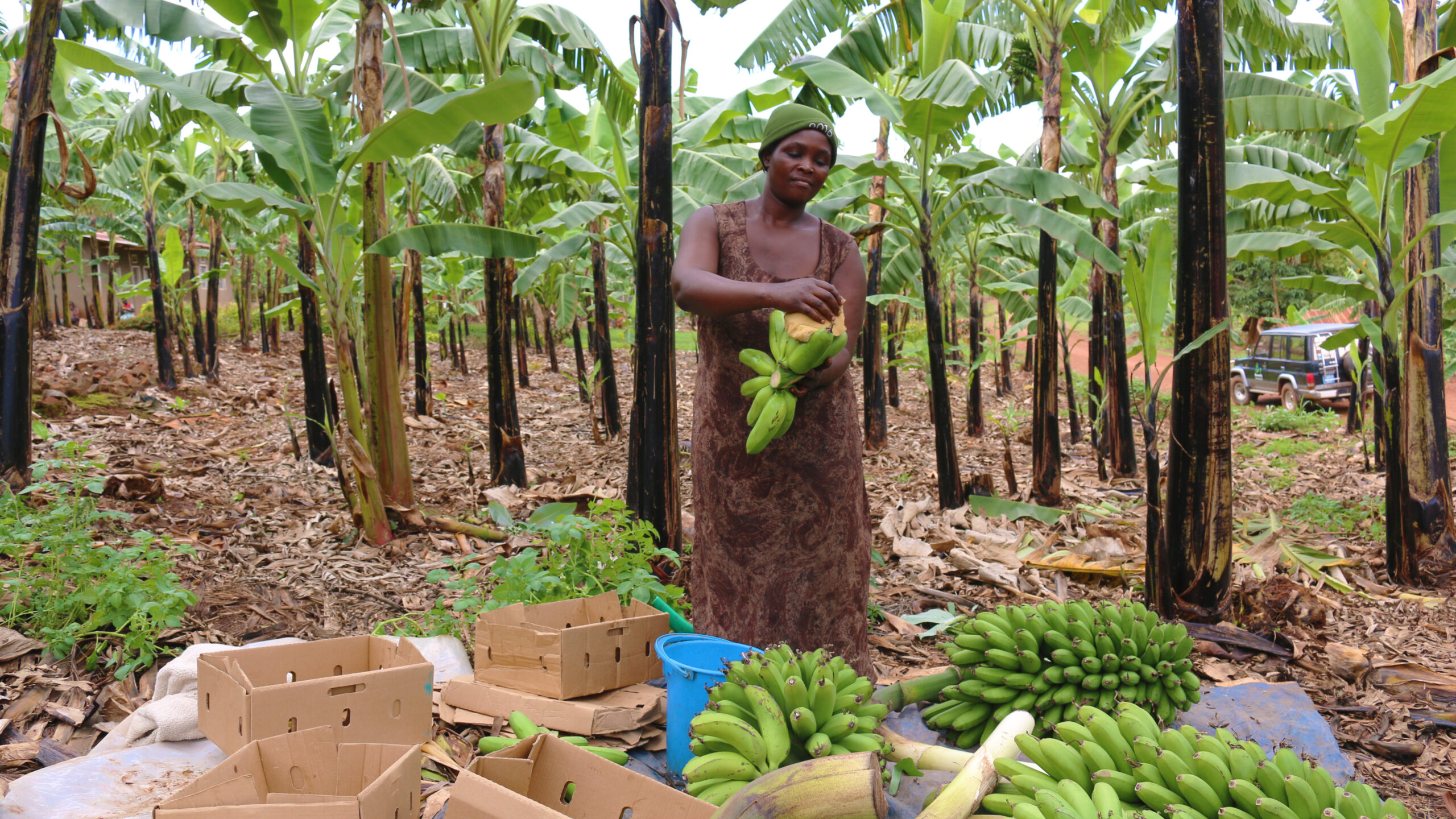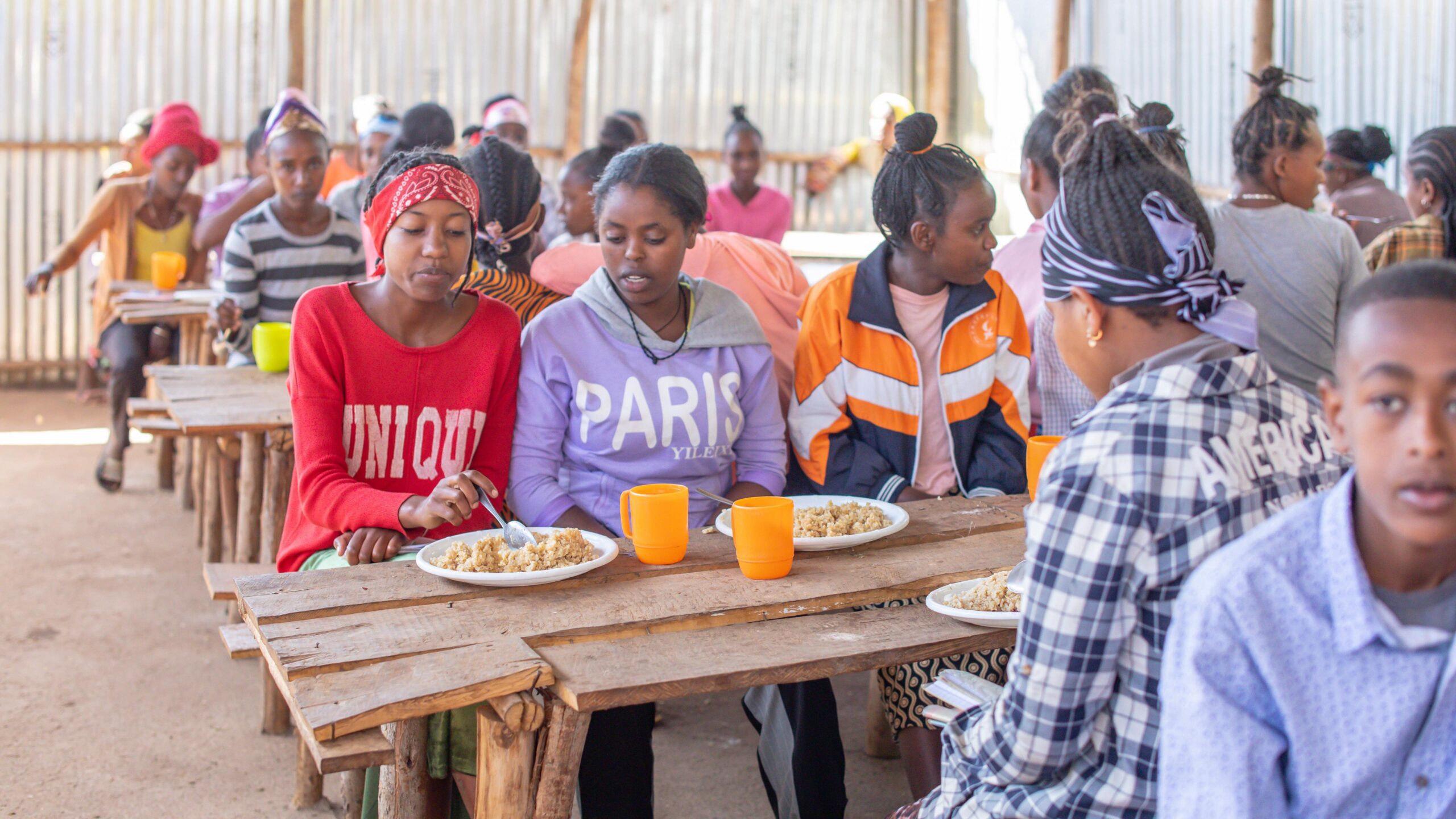For several months each year, poor farmers in Ethiopia, especially those in drought-prone areas, go hungry. During the so-called “lean” period between planting and harvesting, food supplies can run dangerously low. Sometimes, families have to sell livestock, farming tools, and other precious assets to pay for food.
In the past, the government and donors swept in with aid when extreme shortages hit and starvation became a risk. But this emergency relief was only a temporary solution to a persistent food security crisis.
To tackle the problem at its roots, the government of Ethiopia launched a program in 2005 that provides farmers with public works jobs or subsidies during the lean period. According to a new World Bank brief based on IFPRI analysis, the Productive Safety Net Programme (PSNP) has successfully helped farmers to keep their cupboards—as well as their tool sheds and pastures–better stocked.
Led by John Hoddinott, IFPRI researchers conducted three surveys in 2006, 2008, and 2010 in four regions. They asked the same 3,700 households—some of which received PSNP aid and some of which did not—how their circumstances changed since the start of the program.
In 2010, PSNP recipients reported on average a month-long, or 29 percent, reduction in the time they didn’t have enough food. Recipients in drought-prone areas saw only a 25 percent decrease; recipients less affected by drought saw a 42 percent decrease. As a result, children ate more meals, and recipients accumulated more livestock and tools instead of selling them.
The World Bank brief, available on the World Bank website, provides an overview of the additional benefits of this successful program, which Ethopia is expanding to reach 400,000 by 2015. For a more in-depth look at the study, read these project reports by Hoddinott and others:
- Evaluation of Ethiopia’s Food Security Program: Documenting progress in the implementation of the Productive Safety Nets Programme and the Household Asset Building Programme
- The impact of Ethiopia’s Productive Safety Nets and Household Asset Building Programme: 2006-2010
- The implementation of the Productive Safety Nets Programme in Afar, Somali, and selected lowland woredas in Oromiya







